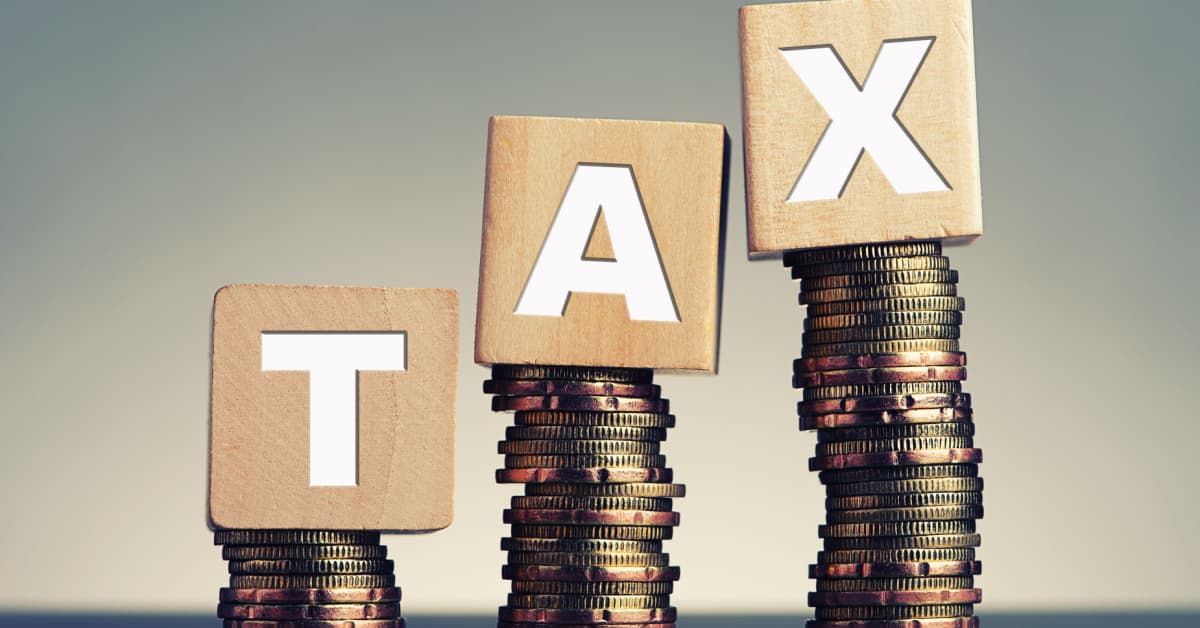The move clarifies that American digital companies operating in India must pay the tax during this period
As per the Ministry of Finance, both countries will stay in close communication to ensure a mutual understanding of their commitments and will work towards resolving any issues through constructive dialogue
The Equalisation Levy was introduced in India in 2016 to tax digital transactions, specifically targeting income earned by foreign ecommerce companies from India
The Ministry of Finance has said that India and the US have agreed to extend a 2% digital tax on ecommerce supplies until June 30. The move clarifies that American digital companies operating in India must pay the tax during this period.
As per the statement, both countries will stay in close communication to ensure a mutual understanding of their commitments and will work towards resolving any issues through constructive dialogue.
In November 2021, India and the US reached a deal permitting New Delhi to impose a 2% levy until March 31, 2024, or until the implementation of Pillar 1 of the OECD agreement on taxing multinationals and cross-border digital transactions.
Earlier, in October 2021, India, the US, and 134 other members of the OECD/G20 Inclusive Framework (including Austria, France, Italy, Spain, and the UK) agreed on a two-pillar solution to address these tax challenges.
The agreement was valid from April 1, 2022, until the implementation of Pillar One or March 31, 2024, whichever came first, as stated in public statements by both sides (‘November 24 Statements’)
As of December 18, 2023, there was a call to finalise the text of the Pillar 1 multilateral convention by March 2024, aiming for a signing ceremony by June 2024. However, consensus on the agreement has not yet been reached.
“In light of above developments, India and the United States have decided to extend the validity of the agreement reflected in November 24 Statements until June 30, 2024. All other terms of the transitional approach remain the same,” the statement said.
PTI reported the development first.
The Equalisation Levy was introduced in India in 2016 to tax digital transactions, specifically targeting income earned by foreign ecommerce companies from India. It focuses on business-to-business transactions and is commonly known as the “Google Tax.”
It was introduced to tax ecommerce companies which have a presence in India, but their billing is done in international markets. These companies often tend to escape the country’s cross-border tax regime by billing their customers from offshore units. The levy is meant to bring these non-resident companies which service Indian customers, under the ambit of tax.
Equalisation Levy is a direct tax withheld at the time of payment by the service recipient. It applies when payments exceeding INR 1 Lakh in a financial year are made to non-resident service providers.
In 2020, India justified its imposition of a 2% equalisation levy on foreign companies for digital transactions, asserting that the levy is non-discriminatory.
In 2021, the equalisation levy imposed by India on non-resident digital companies had varied impacts across different sectors. Companies like Netflix opted not to pass on the levy directly to Indian consumers to maintain competitive pricing.
Google passed on India’s 2% equalisation levy, which was implemented in April 2020, to its clients whose advertisements were visible in India.
Disclaimer
We strive to uphold the highest ethical standards in all of our reporting and coverage. We StartupNews.fyi want to be transparent with our readers about any potential conflicts of interest that may arise in our work. It’s possible that some of the investors we feature may have connections to other businesses, including competitors or companies we write about. However, we want to assure our readers that this will not have any impact on the integrity or impartiality of our reporting. We are committed to delivering accurate, unbiased news and information to our audience, and we will continue to uphold our ethics and principles in all of our work. Thank you for your trust and support.



![[CITYPNG.COM]White Google Play PlayStore Logo – 1500×1500](https://startupnews.fyi/wp-content/uploads/2025/08/CITYPNG.COMWhite-Google-Play-PlayStore-Logo-1500x1500-1-630x630.png)